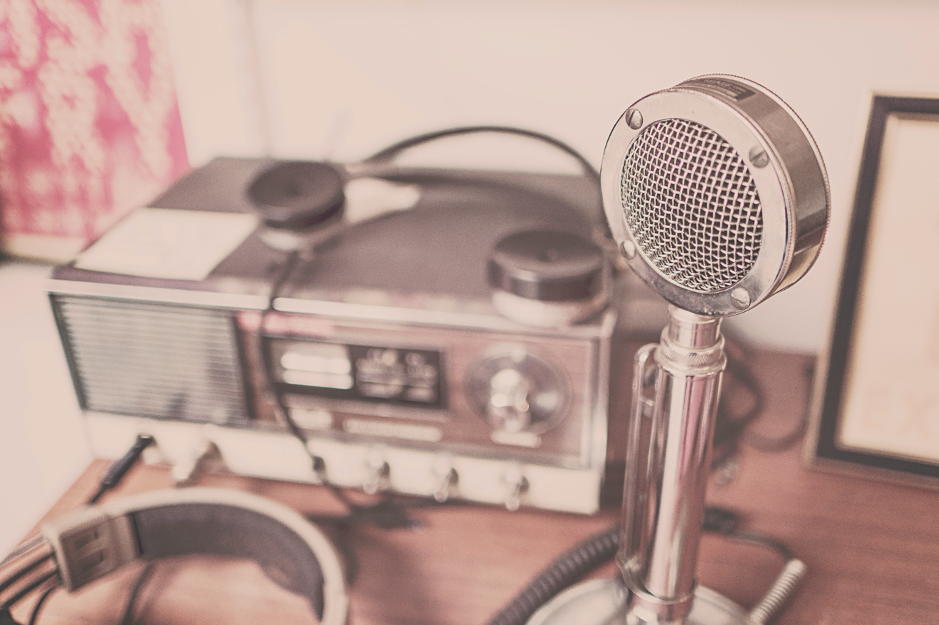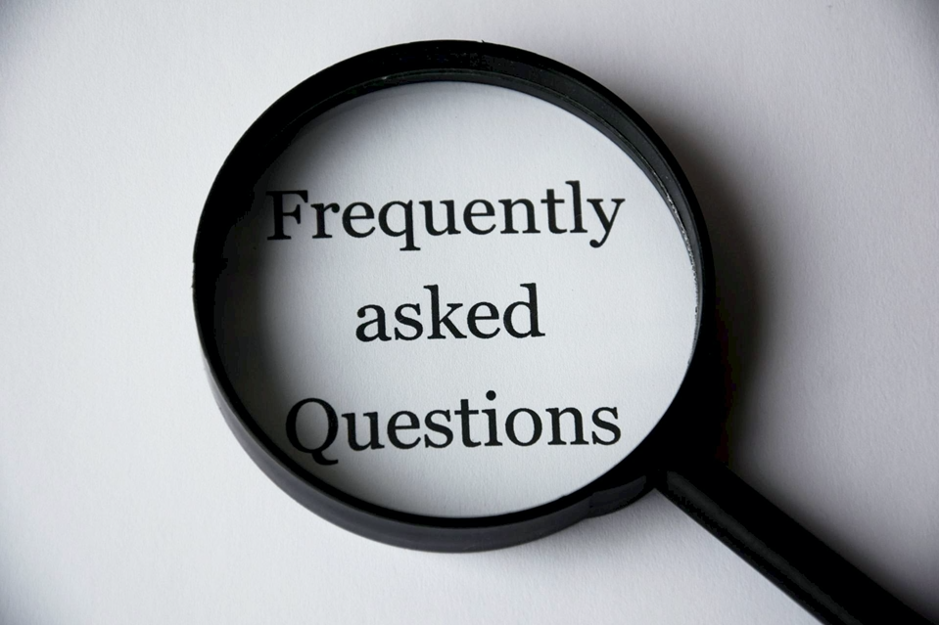We can cherish the time created by not having to commute to work, we can cherish the opportunity to share our meals with the family, exercise together and being next to each other, freed from routines that normally would keep us apart … the simplicity of our current lifestyle is something that we probably have never experienced before and can be a wonderful opportunity to pause a little and …just be.
However, we can also experience totally different emotions…the deep-rooted worrying about our health, our finances, how the future will be once this is over…and when this will be over …how much will have we changed? What and who will be important for us then? So many unknowns …worrying thoughts fuelled by the constant coverage of the corona crisis, an avalanche of grief accompanied by unhelpful speculations, pointing of fingers and sensationalistic news.

Boundaries from unhelpful exposure
To protect my sanity I have decided long ago only to watch and read the news once per day and for a limited amount of time, enough to be informed of the developments and newest findings and not too much to be sucked in watching and reading pointless discussions on the subject. I have distanced myself also from chat groups with a negative and polemic undertone, fuelled by scared and, probably, bored people throwing gasoline on the fire of ignorance and fear.
And, in addition to sheltering our self from unhelpful exposure to the media bombardment, now, more than ever is the time to set boundaries in order to reach a balance between working and private life. For many people adjusting to a new way of working, remotely form their home, is a challenging time when clarity is needed to set the day right from the beginning, being clear on what we need to prioritise, achieve and focus each day and especially being clear on when to stop.

Boundaries for unhelpful coping mechanisms
Many of my clients are now working much more intensely and for longer hours than when they were sitting in offices surrounded by a network of colleagues. Now that they are working from home, they have started to work at the time when they used to live their home to go to work, they finish when they used to get back home rather than when they used to leave the office and it has become almost normal that the day stretches long into the evening and lunch should be a quick bite by the computer …not having that natural break of leaving to go and get the lunch … there are no boundaries anymore, not even those that previously were set merely by the change of environment. And for many, this” plugged into work mode” serves as a distraction from the worrying, the negative thoughts, the anxiety, the uncertainty which surrounds us.
Overworking is definitely a coping mechanism in time of any crisis, and so is overeating, drinking, shopping, compulsive behaviour and irrational burst of hunger. Some of these mechanisms are so ingrained in us that we barely notice when we use them until they get out of control and then it is impossible not to! The weights piles on, we cannot sustain the spending any longer, we get dependent on that nice glass of Pinot Noir to relax ( or rather those two or three or more…), the people around us cannot put up anymore with our outbursts or we burn out and crash under the unsustainable load of work!
Of course, there are alternative ways, and strategies we can employ to cope …actually …I would even dare to say to thrive even during the current unsettling and challenging times. They are simple tools and rituals we can use daily to keep a calm mind and find focus and joy in each day … tools so simple that you might think they are almost banal…however, simplicity is often key to beauty and success and there is no exception here!

Simple tools for a happier mind:
Radio transmissions control
Smarter questions
Affirm yourself

Radio transmission control
Imagine your mind as a radio station that transmits continuously throughout your waking hours. The average person has about 48.6 thoughts per minute, according to the Laboratory of Neuro Imaging at the University of Southern California. That adds up to a total of 70,000 thoughts per day.
- Awareness:
What is your internal radio station transmitting? Are the news and messages positive or negative? Is the transmission about self-criticism, fear, doubt, shame, guilt, hopelessness? If that is the case, you can change the channel, however, to take control you first have to be aware of what is transmitted. Observe and learn. Much of our thinking is automatic and happening so rapidly that we barely notice it, however it has a deep conditioning on the way we feel and behave. Make an effort to pay more attention to your thoughts. Who is broadcasting and what has been transmitted? Is it your self-critic? What are the messages passed on to you? Your emotions will cue you to the presence of the critic.
- You are not the critic!
The critic it’s not you, it’s just a voice! This voice comes from the accumulation of influences from the environment you have been exposed to (your learning, people criticism, expectations, standards, ideas, other’s people values …). It is also the voice of the impulsive thinking of the emotional side of your brain that needs to be successfully recognized and managed to permit you to become happier, more confident and perform to a higher, more successful level.
- Recognise it and separate yourself from it!
Don’t’ make the mistake of thinking that those transmissions come from your authentic self. They come from your critic…give it a name, any name…I call it “the chimp”. I use the name that Prof Steve Peters gives to the element of the psychological mind, the emotional mind, which acts impulsively. I strongly recommend his book “The chimp paradox”.
Ask yourself who is talking? Is it the chimp with its values, priorities and emotions or is it my true authentic self? Where is the transmission coming from? Reconnect with you, reconnect with the prefrontal cortex, that part of your brain which is logical, functional, able to perform complex rational thinking. It is a third of the size of our brain, the largest pre-frontal cortex of all animal species and this is what separate us from them.

Ask yourself smarter questions: how to reconnect with your authentic self
When we get through challenging or negative experiences, we automatically question about the reasons and the consequences, why and what …. For example, in the current situation, we might ask our self why is this happening? What will my future be like? Am I going to lose my job? What will be of me and my family? Is the economy going to crash? Am I going to see my loved ones again… and so forth …But the answers, if we can indeed find any answers, do not offer us any reassurance nor are proposing any solutions… instead they perpetuate the same type of questioning and the doubts.
What would be a smarter question in this case?
This is a new situation …what can I learn from it? How can I make the situation better? How can I make sure I don’t feel isolated? What do I need to do to feel less worried about the future? What can I do to make sure I still perform at my best given the circumstance …? By asking better questions, you reprogram your subconscious into looking for those solutions and it will improve your attitude. Practice better questions each time you catch yourself slipping into unhelpful questioning and doubts. Because, whatever question you ask, your brain will look for the answers!

Affirm yourself
An affirmation is a statement with an emotional intensity behind it, a mantra which you can recite during the day any time you wobble, when you are tired, challenged and when the chimp wants to broadcast its radio programme!
Create your own affirmations … write them down on post it notes… have them as your screen saver … have them to come up on your telephone regularly during the day as reminders.
It is a simple tool, but do not underestimate its powerful effect on your subconscious mind.
How to create your own positive affirmations:
Make positive statements using the present tense (don’t use never or not)
Make them short and simple but loaded with feelings
Associate with the positive feelings generated by the affirmations
Visualize yourself experiencing what you are affirming
Use your affirmations often throughout the day
Some examples of my personal affirmations are:
I have plenty to be grateful for
My body is strong and healthy, and my mind is serene
I am calm and in control
I am ready to serve with love and compassion
We cannot control what is happening, but we can challenge our self to change the way in which we respond to any crisis. We can choose to stay grateful, to keep prospective and cultivate calm.
Be healthy, be safe, stay grateful






0 Comments